English Introduction
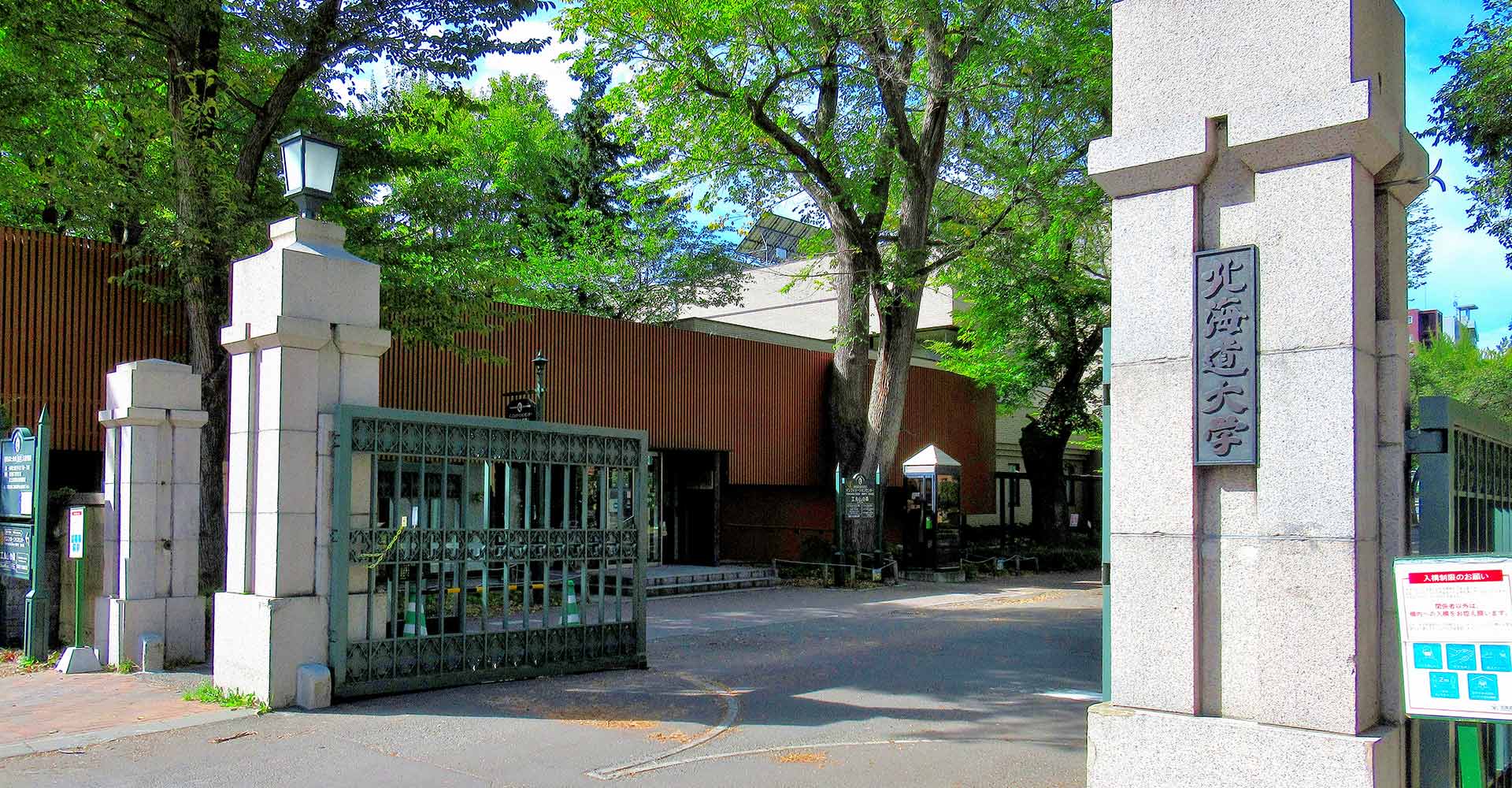
ORGANIZATION OVERVIEW
ORGANIZATION OVERVIEW
Institute for the Advancement of Higher Education was initially established as Center for Research and Development in Higher Education in 1995. At that time, Research Division for Higher Education and Research Division for Lifelong Learning were established, followed soon afterward by Division for Admission System. Subsequently, these three departments merged to become the current Research Division for Higher Education.
The Regulations for Institute for the Advancement of Higher Education Article 11 paragraph 1 state that “Research Division for Higher Education shall conduct practical investigation and research, etc. regarding higher education at the university.” In other words, Research Division for Higher Education is required to act as a think tank for educational reform at Hokkaido University, providing guidance on the direction for reforms based on theory and evidence. In addition to offering proposals for the direction of reforms, Research Division for Higher Education is also required to practically implement specific reforms. Moreover, Research Division for Higher Education is required to provide proposals on the status of higher education, not only in Hokkaido but also in Japan and overseas.
To meet these demands, Research Division for Higher Education needs to have a detailed understanding of the trends in higher education in Japan and abroad, and to focus on their theoretical background while working in cooperation with various institutions and departments to indicate their direction. Furthermore, these functions need to be conducted simultaneously, and it will also be important to accurately examine their effects and revise them. The role of Research Division for Higher Education is to consider factors such as the era of 100-year lifespans, DX, and the advance of AI, and to comprehensively and holistically examine and analyze the contents and effects of education from before enrollment until after graduation, and even to look ahead to reeducation after graduation as well.
AFFILIATED FACULTY
MANAGER
-
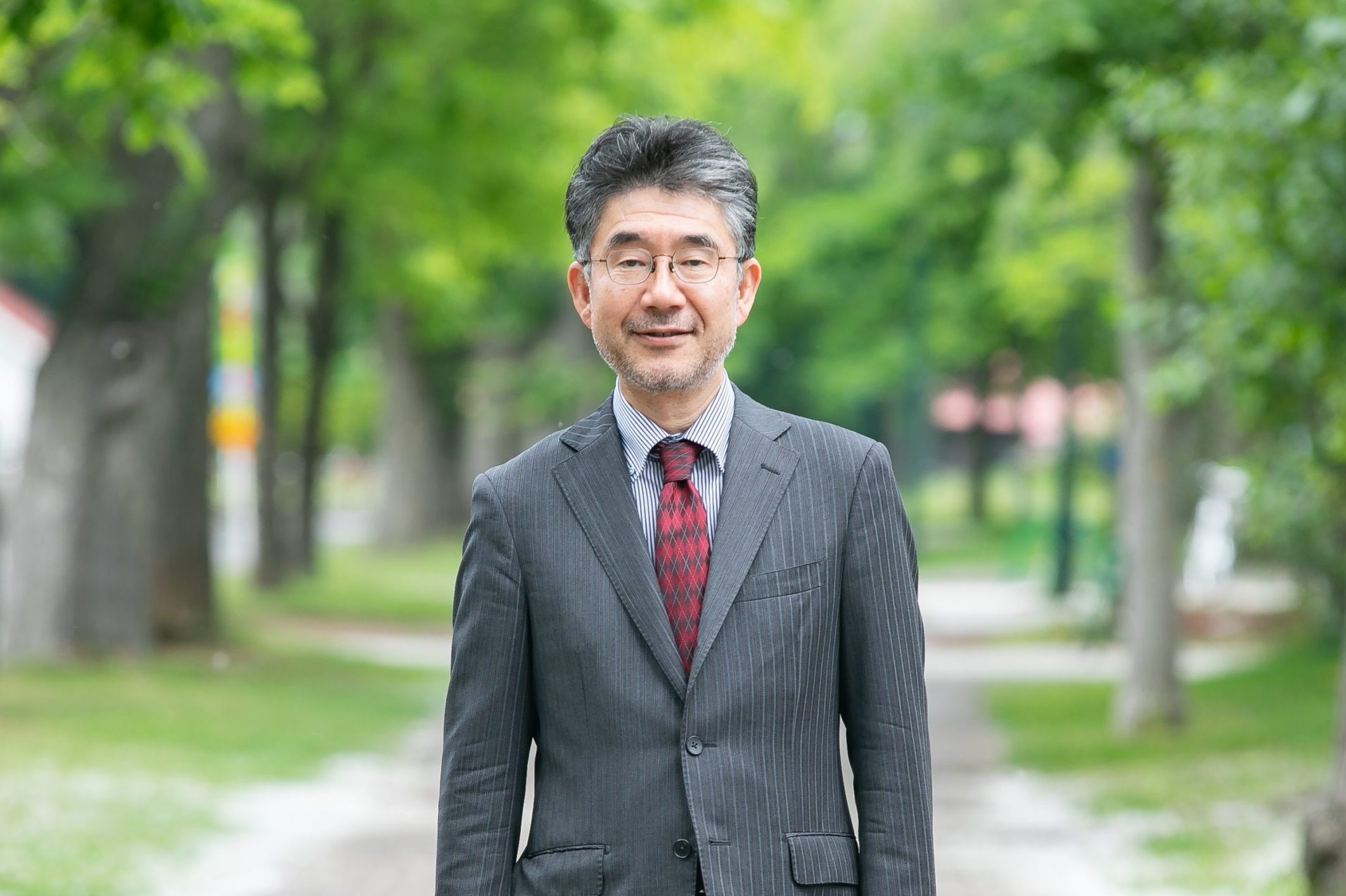 [additional post]
[additional post]I assumed my present post in 2001 after working for the Ministry of Labour (today’s Ministry of Health, Labour and Welfare) and a private think tank. Since Japan has no particular natural resources and possesses mainly human resources, nurturing these human resources is important. Therefore, I am engaged in research on ways to develop human resources and the related challenges.
THE OTHER MEMBERS
-
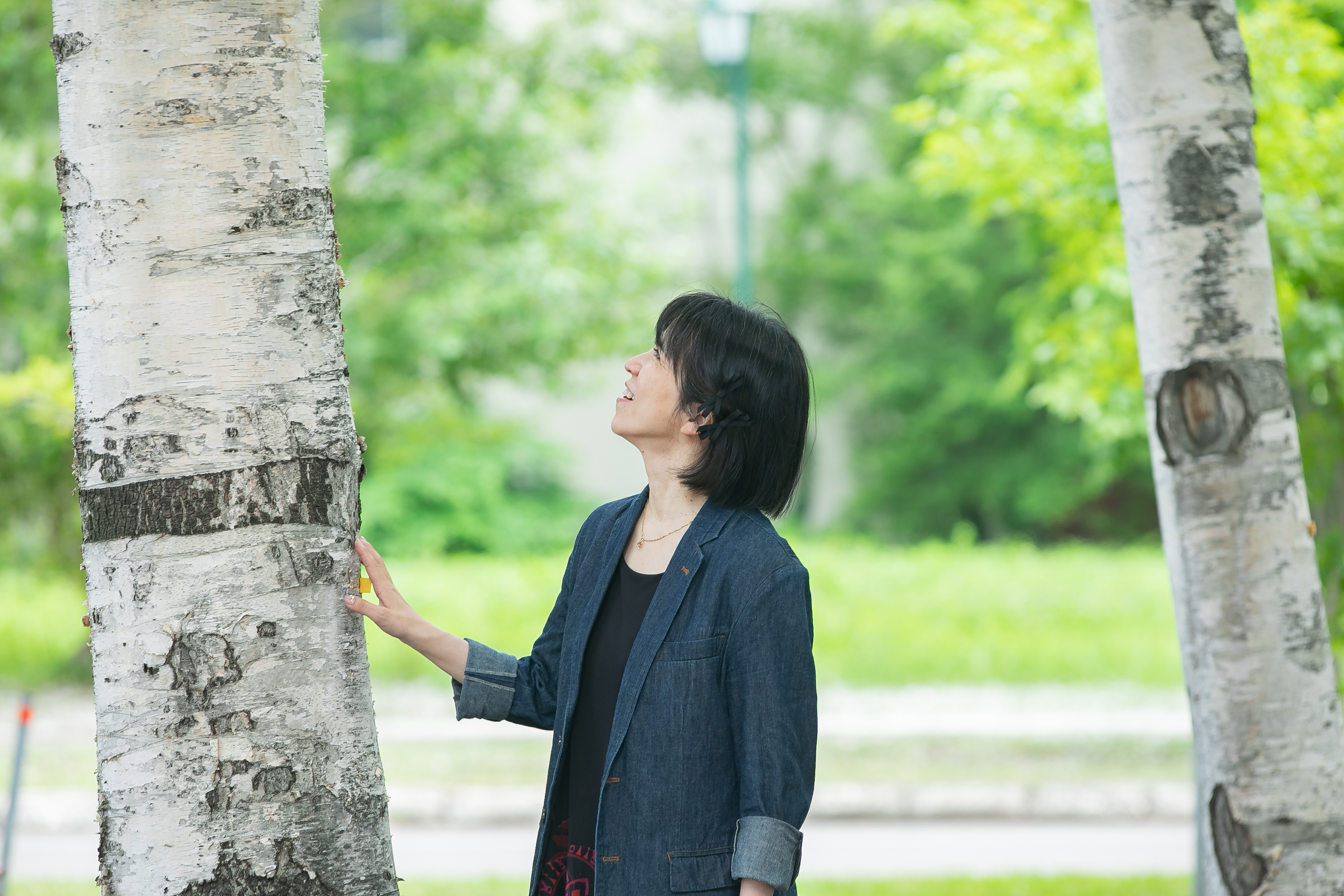 [additional post]
[additional post]My research theme is finding solutions to educational problems faced by universities, e.g., Faculty Development, Institutional Research, and Internal Quality Assurance, with ICT. Currently, I am learning Hokkaido wine, sake, and salsa dancing.
-
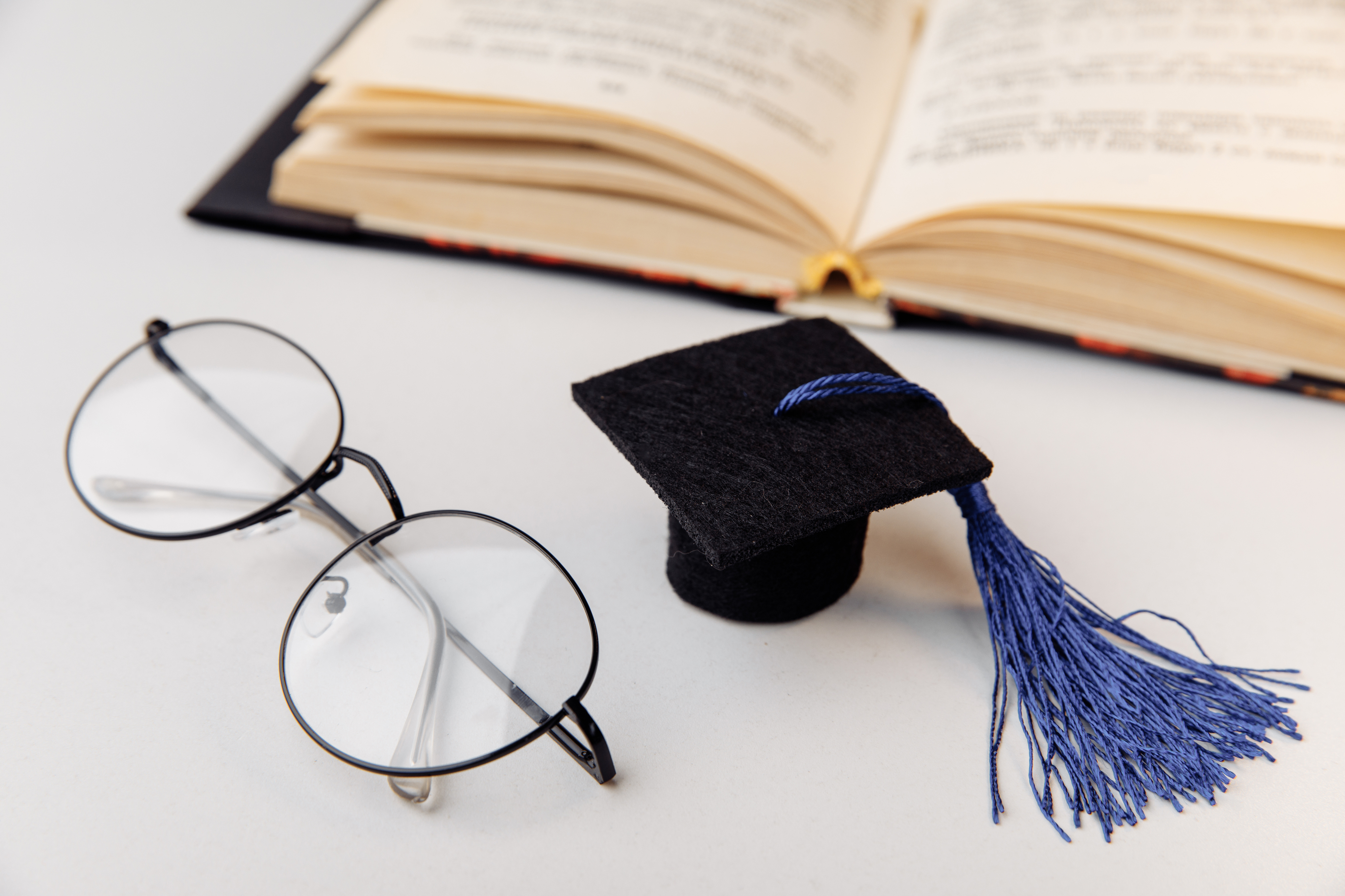 [additional post]
[additional post]My specialty is comparative education, including comparative higher education. Comparative education is the analysis of educational characteristics and issues in various countries and regions; comparisons include backgrounds, factors, improvement measures, and laws related to education. I am interested in research on international and domestic comparisons of entrance examination systems (qualification systems), particularly with regard to the UK and Japan. Specifically, I am working on research on university admissions selection based on a framework for recognizing and evaluating diverse learning outcomes and academic backgrounds in Japan and overseas.
-
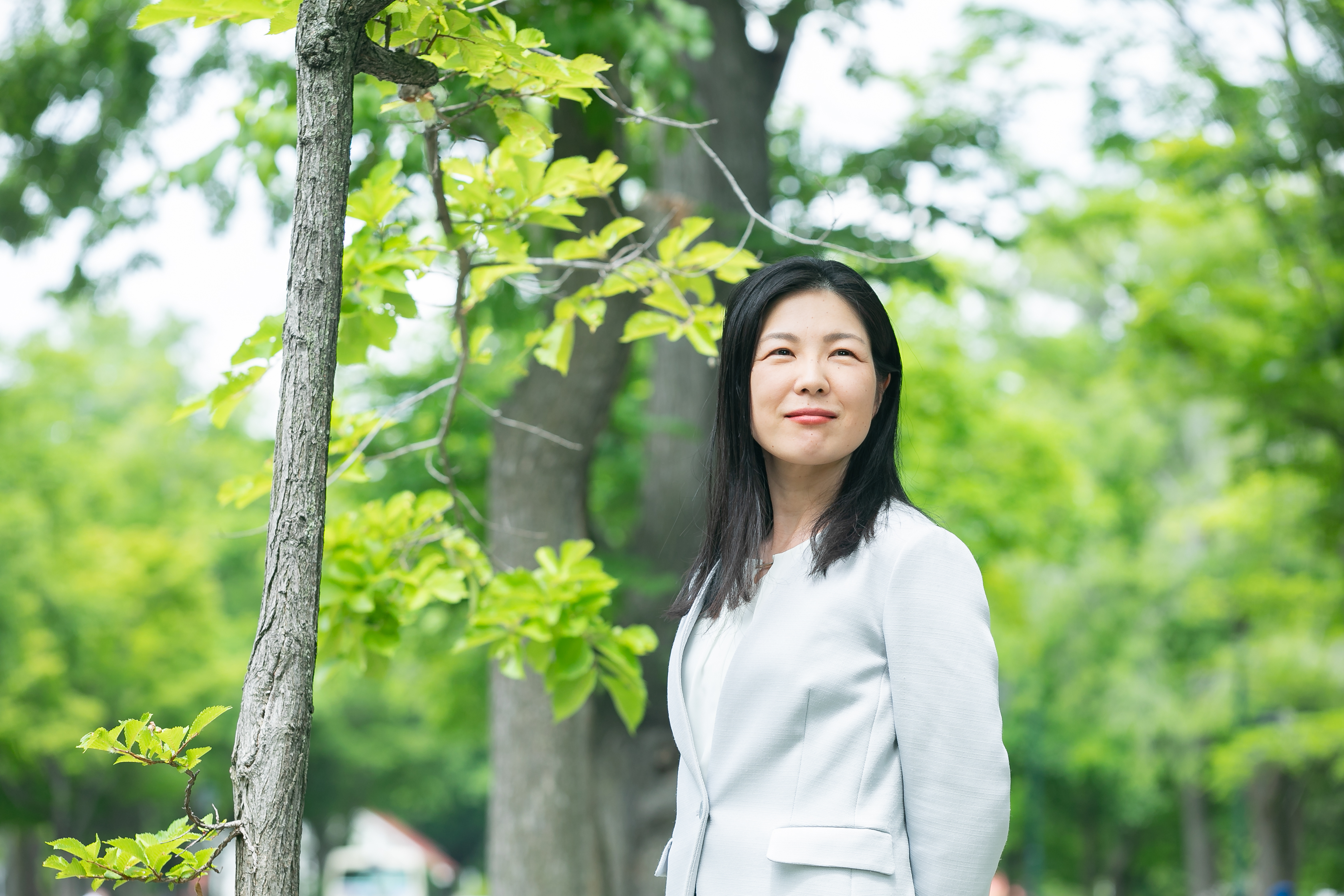 [additional post]
[additional post]My areas of expertise are educational technology and instructional design. My research interests include self-regulated learning and learning support for adult and online learners and science education for children. My recent studies focus on the research activities and career development of graduate students who are working and the role of seminars at universities and graduate schools.
-
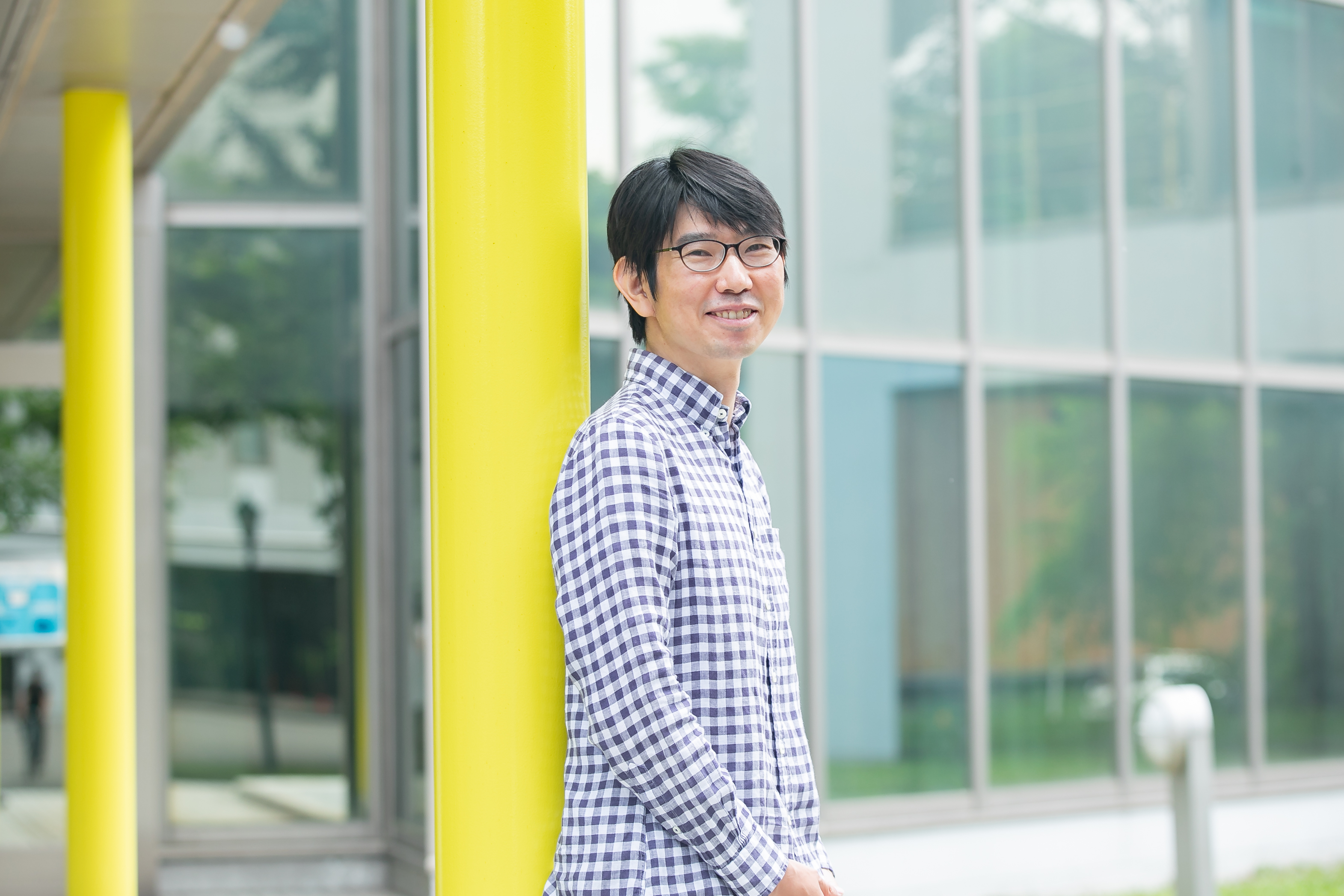 [additional post]
[additional post]I am an expert in psychological statistics and educational measurement. I research how to appropriately assess and measure psychological or educational traits from both theoretical and practical perspectives. My current interest is utilizing peer assessments for ability estimation and understanding the impressions of the selection of students by each university.
-
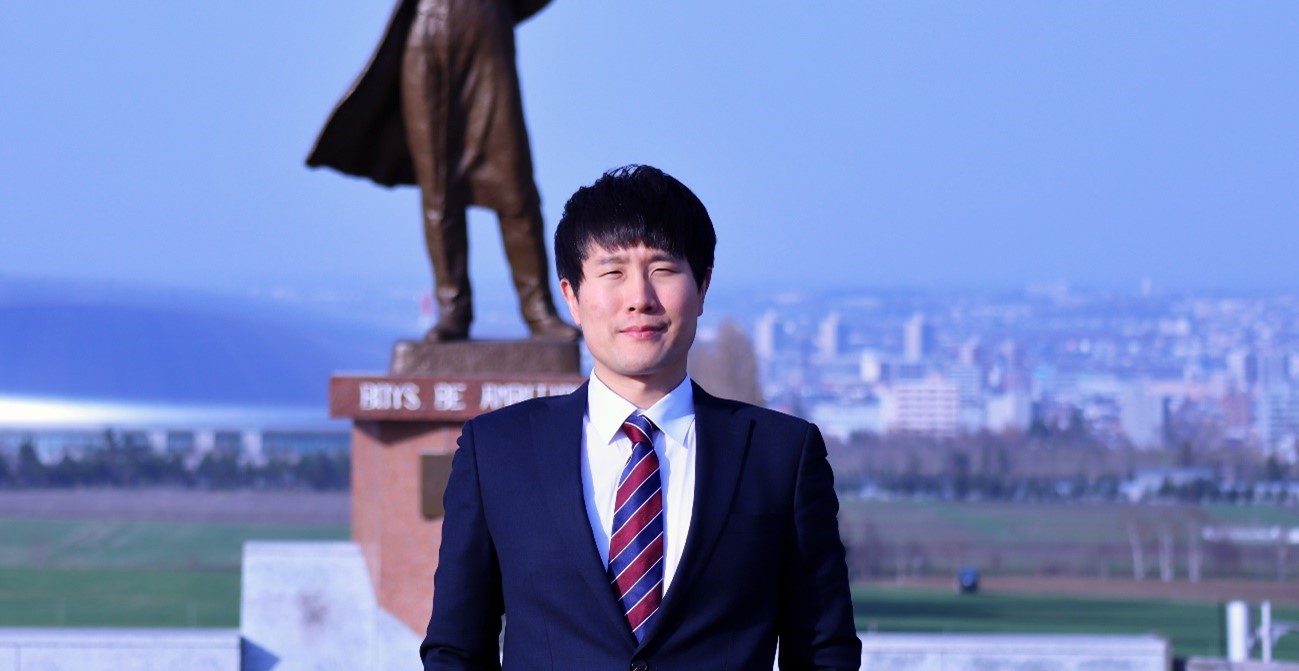 Lecturer
LecturerHanmo Jeong
I have delved into research fueled by his curiosity about an idea of universities. Lately, I have been exploring the restructuring and function of universities, with a specific focus on reshaping the conventional understanding of degrees and credits through micro-credentials and the role of universities in a local community. I specialize in higher education and am affiliated with several societies including the Japan Association for College and University Education and the Japanese Association of Higher Education Research.
-
 Assistant Professor
Assistant ProfessorKohei Tanaka
My area of expertise is higher education study. I am interested in high school-university articulation, particularly the curricular and pedagogical connections between secondary education and higher education. By using qualitative research methodologies, I aim to reveal how students experience the transition from high school to university and to present views and perspectives that differ from conventional discussion of high school-university articulation and transitions.
-
-scaled.jpg) Specially Appointed Professor
Specially Appointed ProfessorKazuyori YUHAZU
My area of research is Chinese thought. As an extension of that, I expanded my interest to include Inazo Nitobe’s Bushido: The Soul of Japan, and ended up teaching at Nitobe College, an interdisciplinary education program. I am currently involved in the reform of liberal arts education.
LOCATION/ACCESS
Research Division for Higher Education, Institute of the Advancement of Higher Education, Hokkaido University
- address4F, Multimedia Education Building, Kita 17, Nishi 8, Kita-ku, Sapporo, Hokkaido, 060-0817, Japan
-
access
By Train
About 25 minutes’ walk from the JR Sapporo Station
By Subway About 15 minutes’ walk from the Kita-juni-jo Station on the Namboku Sabway Line
About 10 minutes’ walk from the Kita-juhachi-jo Station on the Namboku Sabway Line
